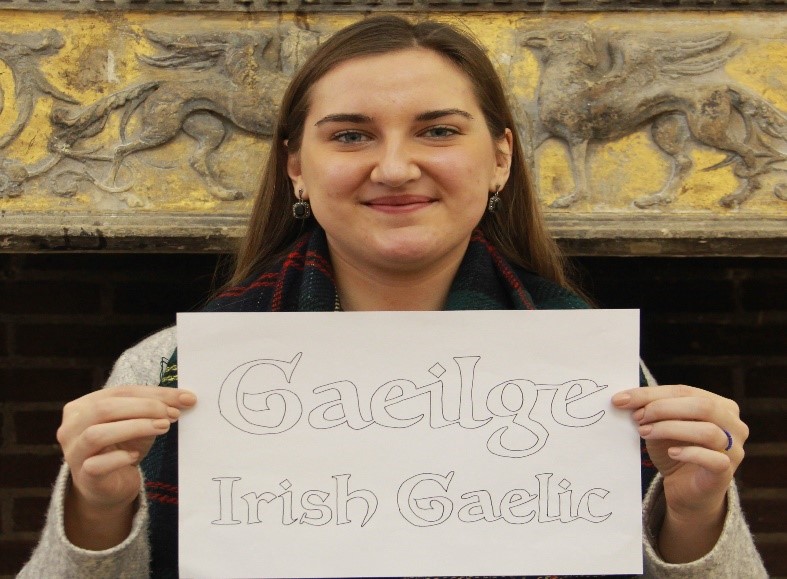Matariki in Action: Acts of Memory
22nd January 2019

Global Development Studies students at Queen’s Bader International Study Centre (BISC) have recorded recitations of the articles of the Universal Declaration of Human Rights, to share their efforts in raising awareness of social injustice at home and abroad and to consider critically the ways in which people interact with human rights, use them and reject them. The project allows audiences to carefully reflect on the relevancy and significance of the UDHR in the global context, especially its embedded ethnocentric language.
Acts of Memory at the BISC was launched as a collaborative effort of the work conducted by artist Monica Ross on January 21, 2013; made up of solo, collective and multilingual recitations from memory of the Universal Declaration of Human Rights. An Act of Memory was set to span nine years, but sadly the final performances took place without Monica Ross who died on the very day on which Anniversary—an act of memory reached its 60th and concluding Act at the 23rd session of the United Nations Human Rights Council in Geneva, Switzerland.
Since her untimely passing in 2013, the DEVS 100 course at the BISC has continued to collect recitations of each DEVS 100 student cohort to continue her legacy of creating knowledge and sharing experiences of human rights abuse across the world.
Matariki in Action: Acts of Memory provided students with an opportunity to memorize an article of the Universal Declaration of Human Rights and recite these in one of their ancestral languages. The students were then recorded and the film presented to the public on Martin Luther King Day, January 21, through a number of different forums.
Allie Freshly and Parker Manktelow, students in DEVS 100 believe that it is important to not only remember that human rights abuses are oftentimes not covered in the media, but also that this initiative challenges and transforms education into an immersive and interactive learning opportunity. Nirosha Balakumar, Matariki Global Citizenship delegate from Queen’s University, argues that initiatives such as Matariki in Action: Acts of Memory are ground breaking steps to decolonizing education and the way in which we learn, interpret, share and understand knowledge. These initiatives help students take ownership and autonomy over their own learning, hence incorporating cultural significance and moving beyond a Eurocentric education system.
